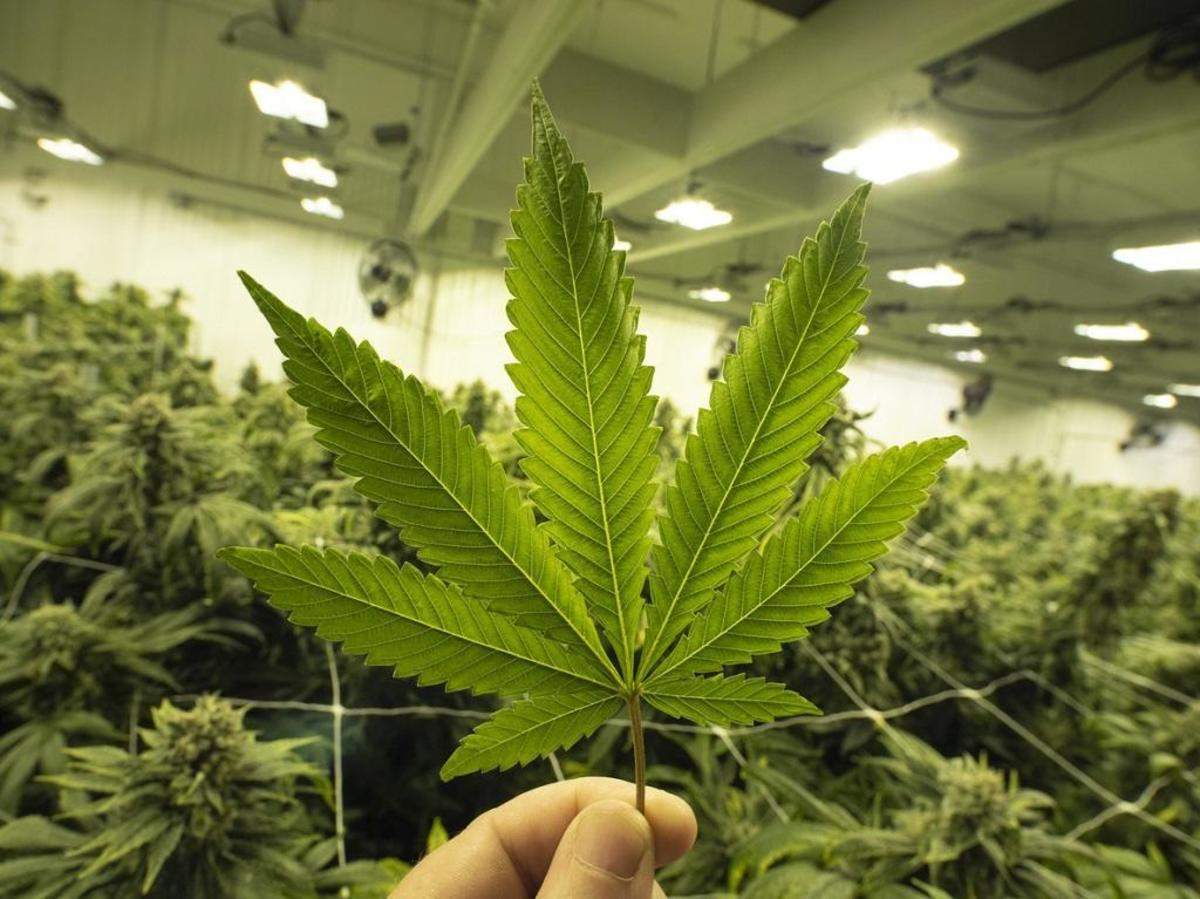Repercussions of Colorado Marijuana Law


Should Marijuana be Legalized?
Marijuana the Growing Controversy
It is becoming apparent that Colorado, who passed a law legalizing marijuana use in 2012, is now facing the repercussions of legalizing a once illegal substance, one that is still illegal in neighboring states. Their decision to de-criminalize the drug has led to an ongoing battle that might soon encompass much of the United States. Oklahoma and Nebraska are now suing the state of Colorado on the grounds that the state's legalization of marijuana has cost them millions of dollars, along with putting a strain on their law enforcement capabilities in trying to combat and deter the flow of marijuana that is now streaming across Colorado's borders. According to Oklahoma and Nebraska state officials, this recent trend is bankrupting their system with the increased costs of arrests, impounds and the seizure of contraband that has been confiscated.
Whether you are a proponent for or against the legalization of marijuana, it was clear from the beginning that there would be certain ramifications for such a landmark law to be put into place that would certainly affect the United States as a whole. Proponents of the law sought to inform the public that allowing marijuana to become legalized would cut the cost of America's war on drugs; while at the same time, increasing state revenues by taxing the sale and distribution of the drug. These proponents brought about campaigns for reform that pertained to not only the federal but state laws regarding the legalization of the substance. This campaign proved to be successful as many lawmakers along with the American populace now support the de-criminalization of those caught using and selling the drug and in some cases strongly propose the legalization of the drug itself. The writing on the wall has been evident for years that marijuana would eventually be legalized nation-wide, making the decision for Colorado to place it on the ballot seem like a reasonable and fair decision. After all, we live in a democracy, why shouldn't the people of a particular state vote whether they deem something harmful or not to their society. From a business sense, Colorado was making the smart, logical decision to legalize marijuana, as the revenue from doing so would do wonders for their economy. They were right, as the benefits of its legalization is estimated to be roughly around $300 million strong.
The argument of the dissenters mostly comes from those on the religious right, who warned of moral decay and the further corruption of those who already suffer from debilitating addictions. Without question, it is an odd thought to think of your government getting into the same business as the low-lives that inhabit the corner of every other street, in every city across America, poisoning the minds and bodies of our youth. A strong society is not one that is dependent upon any form of drugs and the consequences for allowing it to inhabit the free market system could have dire repercussions. In the end, the dissenters make a strong argument against the legalization of this drug or any drug for that matter, but, unfortunately, money talks and money was on the side of those who wanted it legalized.
While Colorado officials defend the state's decision to legalize marijuana, the lawsuit filed against them by Oklahoma and Nebraska is not without merit, as the Colorado law allows for the distribution of up to a quarter ounce to out of state residents who have a valid drivers license and over the age of twenty-one. While this is not the main issue about the law that has surrounding states up in arms, it does makes sense that selling marijuana to out-of-state residents would lead to the drug crossing state lines. Therefore, making it a reasonable assumption to say that Colorado is partly responsible for the legal bills of those who are caught and prosecuted for being in possession of a substance of which they bought within the boundaries of Colorado. Nebraska and Oklahoma also argue that the state of Colorado does not have the authority to pass laws that conflict with the national prohibition on marijuana and by doing so, Colorado violates the Supremacy Clause of the U.S. Constitution.
The lawsuit itself does not cite statistics of the effects caused by the legalization of marijuana in Colorado on surrounding states; however, the police chief of Sydney, Nebraska told a local news affiliate that half of the traffic stops in Sydney are marijuana related and that the Sydney Police Department has already used their entire yearly over-time budget primarily because they are having to pay officers over-time so that they can testify in court during the prosecution of these marijuana related offenses. Add that with another report within Nebraska claiming that their highway patrol has seized almost twice as much suspected drug money in 2014, compared to 2013 and the case can be made that Nebraska might be reaping the consequences from another state's laws.
In all fairness to Colorado, most of these accusations against the state's marijuana law cannot be backed up by stats. However, it can be argued with a certain amount of certainty that Colorado has done a poor job in doing background checks on those who purchase marijuana within their borders. This alone has led to scrutiny by those who wish to see the substance once again banned. By not making the effort to secure the legalized drugs within their state, Colorado has posed quite a dilemma for other states who allow for the sale and purchase of marijuana for medical use in their states along with being detrimental to the proponents who wish to see it legalized nation-wide.
It is still unknown whether other states will join the lawsuit against Colorado; however, it is almost a certainty that the problems brought about by the legalization of marijuana in Colorado will bring about further lawsuits in the future by other states pertaining to this controversial law. However, even if Oklahoma and Nebraska are successful in their case against Colorado's drug laws, that particular ruling would not impact the laws as a whole but it might result in the closing of marijuana stores within the state. The reason being that one state cannot force another to change one of its own laws. Although, the lawsuit could affect the commercial sale of the product.
Advocates for the legalization of marijuana claim that such lawsuits, if successful, will eventually lead to a resurgence of marijuana on the streets that is not regulated by the government, making the legalization of the drug pointless, as in the end, things would be no different now, as what they were when it was still illegal. This matter, which started as a state's rights issue is now becoming a federal nightmare, which may lead to Colorado and other states who have legalized marijuana having to rethink their current laws on the product.
The allure of profit brought about legislation and eventually the legalization of marijuana, as state governments could no longer deny, no matter how they felt on the issue that the legalization of the drug would bring about increased revenues, money that was previously going to criminals, who if caught and prosecuted were costing the states money through incarceration and increasing the costs brought about to help fight the war on drugs was beginning to seem like a fruitless endeavor. However, if these lawsuits persist, the legalization effort will be brought to a stand-still as the legal costs for fighting lawsuits might become just as expensive as incarcerating those convicted of marijuana possession and use.








